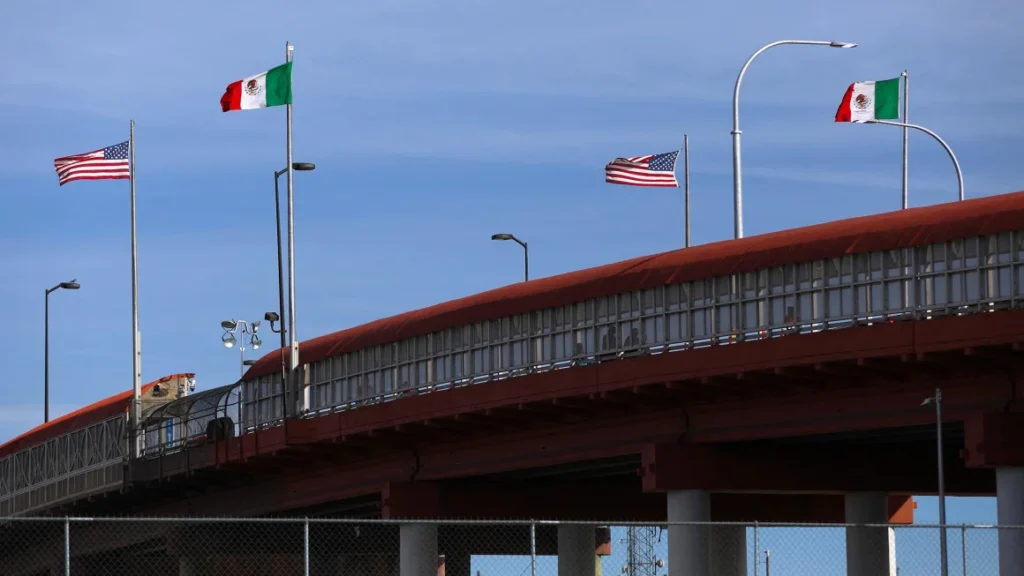
Mexico is working toward an agreement with President-elect Donald Trump’s team to limit the number of third-country deportees it would accept from the United States, Mexican President Claudia Sheinbaum announced. Sheinbaum emphasized that while Mexico stands in solidarity with migrants, its primary responsibility is to repatriate its own citizens. Currently, the Biden administration has a similar agreement in place with Mexico, which directly returns deportees to their countries of origin. However, with the prospect of a shift in U.S. policy under Trump, Mexico is preparing for potential challenges in dealing with mass deportations.
Preparing for Potential Mass Deportations
Sheinbaum revealed that her administration is already engaging with governors from Mexican border states to devise a strategy for managing the repatriation process. These states include Baja California, Sonora, Chihuahua, Coahuila, Nuevo León, and Tamaulipas. Sheinbaum reassured the public that Mexico is ready to handle any influx of deportees, although she hopes such an outcome does not materialize. “We will be prepared to receive our compatriots if mass deportations take place,” she asserted.
Fentanyl and Border Issues on the Agenda
Sheinbaum’s comments follow a recent call with Trump, during which both leaders discussed the shared border and the growing fentanyl crisis. While Trump claimed that Sheinbaum agreed to “close the southern border,” Sheinbaum firmly denied this, stating that Mexico would never propose such a measure. She emphasized that the border closure was never part of Mexico’s approach and made it clear that her country does not support such an idea.
Ongoing Challenges with Migrant Flows
In addition to dealing with deportations, Mexico is also addressing the significant flow of migrants through the country, many of whom are attempting to reach the U.S. border. Since Sheinbaum took office, the Mexican government has detained an average of 5,200 migrants daily. Meanwhile, the U.S. border continues to see an influx of migrants from various countries, including Central American nations, Venezuela, Cuba, and China. Mexico has also been tackling the issue of drug trafficking, notably making what it described as the largest fentanyl bust in its history.
Other Latin American Nations Take a Stand
Meanwhile, in Panama, the government has made it clear that it will not accept migrants of non-Panamanian nationality who are deported by the U.S. The Panamanian Foreign Ministry stated that its primary obligation is to protect the country’s interests and that it has no responsibility to accept deportees from other nations.
As both Mexico and other Latin American countries navigate the complexities of migration and border security, the approach of the incoming Trump administration will be crucial in shaping the future of U.S.-Mexico relations.
_________________________________________________________________________________________________________________
For read specific news visit again https://khudaniajournal.com

